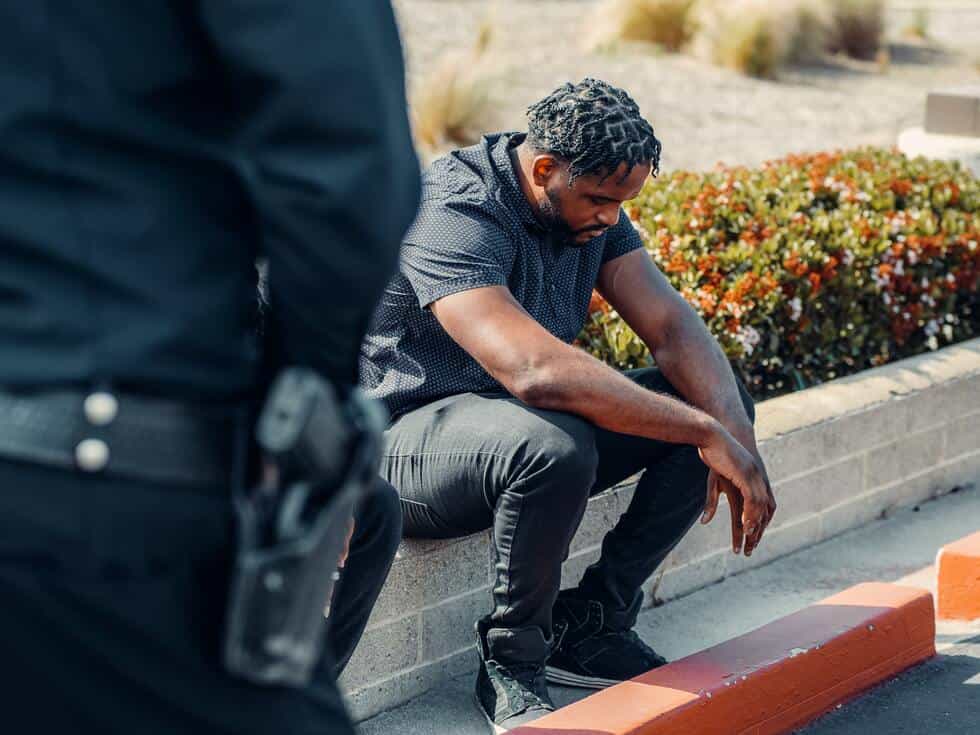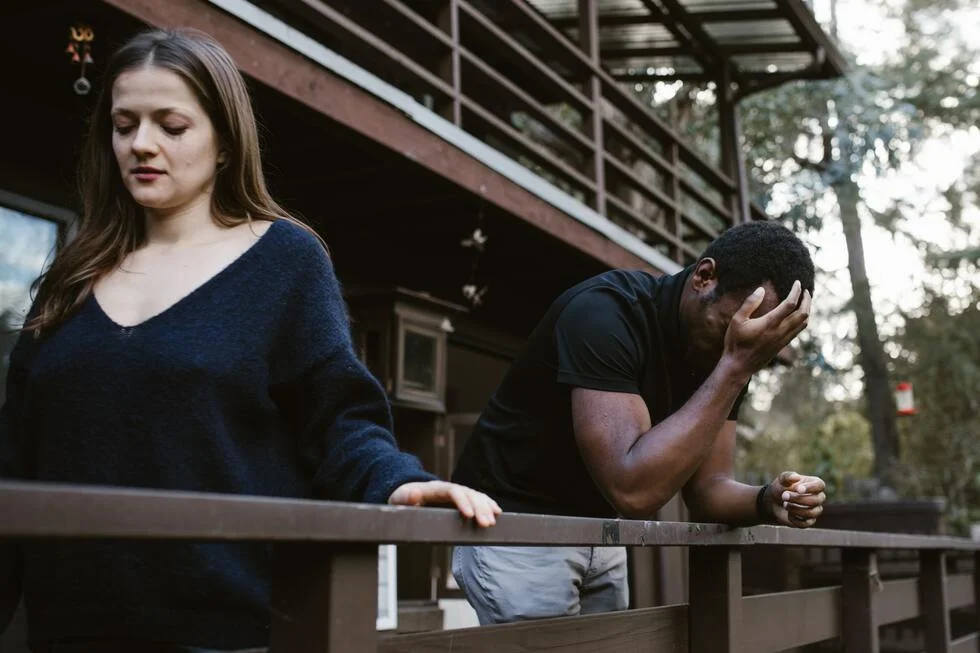It started as a typical night—maybe dinner with friends in downtown Loveland or a late drive home, after a networking event in Greeley. Then the headlights blurred, the tires slipped, and someone was injured. Police arrive, ask if you’ve been drinking, and run field sobriety tests. Now, you’re facing more than just a DUI. You’re facing felony charges.
So, what happens when you get a DUI in Colorado, especially when someone else is hurt?
This post explains how Colorado law handles DUI cases involving serious injury, including what constitutes vehicular assault DUI in Colorado and how mandatory sentencing applies when bodily harm is involved.
Vehicular Assault DUI Colorado: What the Law Says
In Colorado, vehicular assault while DUI is considered a strict liability felony. This means prosecutors don’t need to show that you acted recklessly or with intent. If you’re under the influence and someone suffers serious bodily injury as a result of your driving, the charge applies, regardless of your intentions.
Colorado classifies the offense as a Class 4. A conviction carries a prison sentence of 2 to 6 years and fines of up to $500,000. You’ll also face a mandatory three-year parole term and risk losing your license.
Penalties can increase significantly if certain aggravating factors are present. These include prior DUI convictions, a blood alcohol concentration (BAC) of 0.15% or higher, or harm caused to a child passenger.
How Do You Get a DUI That Becomes Vehicular Assault?
Not all DUIs involve accidents. But when one does, and it causes serious injuries to another person, it can be charged as vehicular assault.
For example, you swerve to avoid a deer on US-36 but hit another vehicle. If law enforcement finds you to be impaired, even slightly, you could be charged with vehicular assault, regardless of intent.
To file this charge, prosecutors must show two things:
- You were driving under the influence of alcohol, drugs, or both; and
- Your driving caused serious bodily injury to another person.
“Serious bodily injury” means more than bruises. It refers to injuries that pose a substantial risk of death, cause permanent disfigurement, or result in long-term loss of function. Common examples of DUI crashes include brain injuries, broken bones, or internal bleeding.
You don’t need to intend harm to face a felony. In Colorado, even a single-car accident where your passenger gets hurt can result in a felony vehicular assault charge if you were driving while impaired.
DUI Causing Injury in Colorado: What Happens Next?
If you’re charged with DUI causing injury or vehicular assault while DUI, the legal process becomes more complicated and more urgent. Here’s what you can expect:
- Law enforcement typically arrests and books the driver at the scene when someone is seriously injured;
- You’ll face a bond hearing, where the judge may set a high bail due to the injury involved;
- The district attorney may file formal felony charges within days;
- You may receive a temporary license suspension from the DMV, and you must act quickly to request a hearing; and
- Discovery begins, and the prosecution will gather bodycam footage, blood test results, and crash reconstruction reports.
A conviction could result in prison, extended probation, permanent felony status, and long-term loss of civil rights. But not all cases are the same. Some involve unclear BAC results, and others depend on who was at fault in the crash.
How Skilled Defense Can Shift the Outcome in Vehicular Assault Cases
You don’t have to prove you were sober. The burden of proof is on the prosecution. An experienced defense lawyer will:
- Review whether officers had legal grounds to stop or arrest you,
- Challenge whether your impairment actually caused the crash or injury,
- Examine toxicology results and timing of tests for accuracy,
- Consult with accident reconstruction experts if the collision dynamics are unclear, and
- Seek to reduce the charge if injury severity or causation is in doubt.
In some cases, attorneys can negotiate for a plea to a lesser charge, such as DUI, without the assault enhancement, especially if the injuries were minor or disputed.
The Harrell Law Firm, PLLC: When the Stakes Are Highest
Sean Harrell of The Harrell Law Firm, PLLC, brings over a decade of diverse legal experience to every case we take. Based in Loveland, our firm represents clients throughout northern Colorado in high-stakes DUI and vehicular assault cases.
With experience as a former prosecutor, Sean can identify key weaknesses in the State’s case early, protect your rights at the DMV and in court, and pursue outcomes that limit the long-term consequences. Our strategic approach helps clients challenge assumptions and rebuild their lives with clarity and direction when serious injuries are involved.
Facing a DUI with Serious Injury? You Still Have Options
If you’re looking into what happens when you get a DUI in Colorado and someone suffers an injury, it’s important not to jump to conclusions immediately. Take the first step by understanding what you’re facing and contacting a knowledgeable DUI lawyer to protect your rights and future.
Frequently Asked Questions
Is Vehicular Assault Always a Felony in Colorado?
Yes. Vehicular assault involving DUI is a Class 4 felony in Colorado, even if it’s your first DUI offense.
Can You Get Probation for DUI Causing Injury in Colorado?
In limited cases, especially if the injury was not life-threatening, and the defendant has no criminal history. But mandatory minimum prison time often applies.
Does a DUI with Injury Count as a Strike Offense in Colorado?
No. Colorado does not use a formal three-strikes system. However, a felony conviction remains on your record permanently and can trigger harsher penalties in future cases.
Resources:


